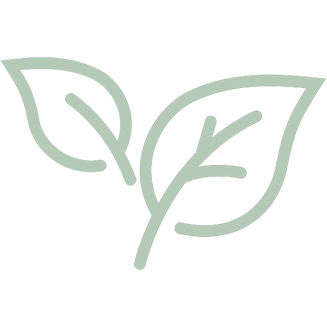Building Relationships – What does it look like?
In our last post, we emphasised the importance of developing relationships at this early stage of the year. The Early Years Learning Framework (EYLF), the Flinders Philosophy and the National Quality Standard (NQS) all emphasise the significance of relationships as the foundation for children’s learning. But what does this look like? Each child is unique, and will require a thoughtful and nuanced approached in the establishment of relationships. Educators are observant and reflective in their practice during this time, seeking a wide range of possibilities for connections. This might look like; Returning the smile of a child on entry Providing a safe pair of arms on saying goodbye Remembering their favourite story, and having it ready to read Ensuring children’s favourite play-things are displayed or readily available Gratefully receiving children’s gifts, such as collected leaves, pictures, or stories from home Sitting close by as children play, and being a reliable and predictable presence, ready with a smile Educators are mindful of the importance of communication at this time, both with families and with one another. We encourage and invite your feedback, questions and comments via email, phone call, or on drop off and pick up. If you would like to discuss anything in further detail, we invite you to make a time with an Assistant Director or the Director.
